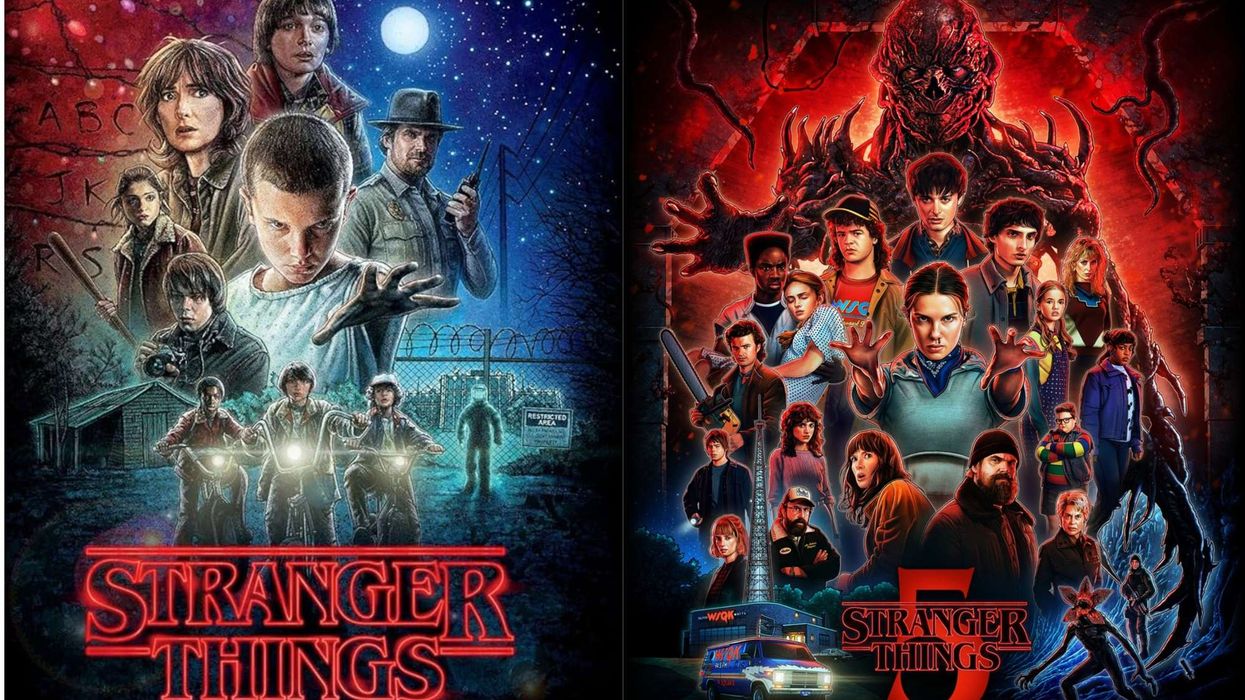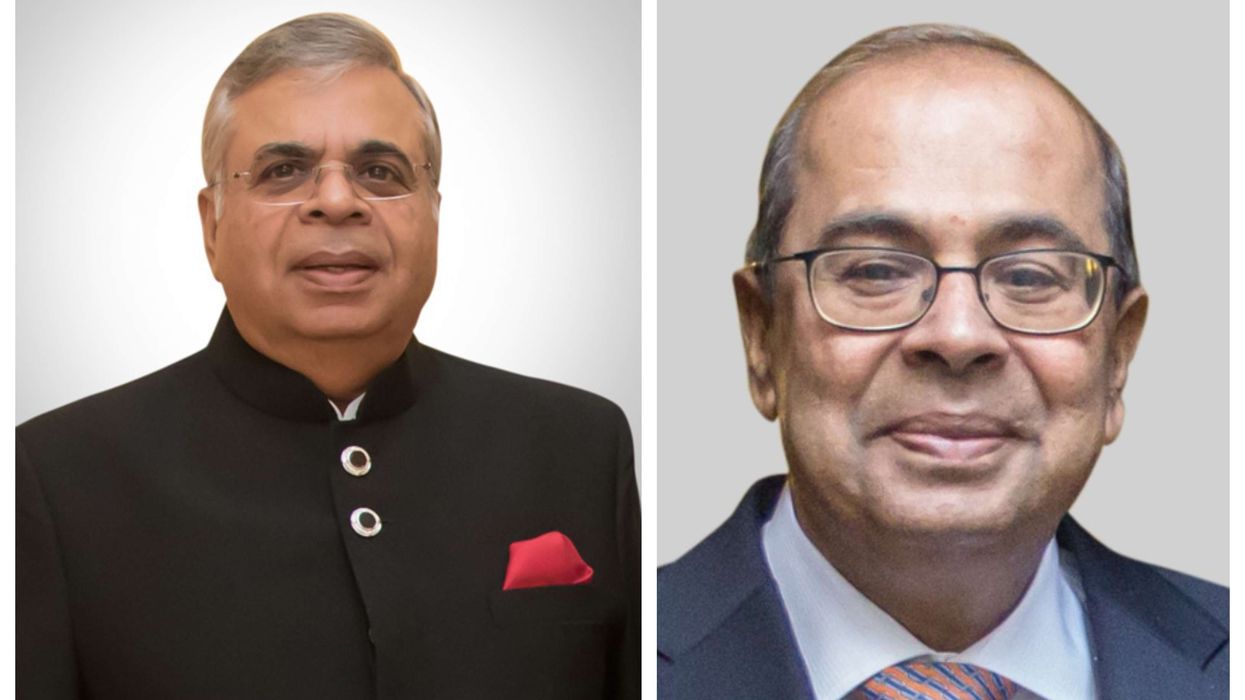ONE of the major challenges currently facing alcoholic beverages giant Diageo, and its adroit CEO Ivan Menezes, is how to respond to “premiumization” within the sector.
With millennials, in particular, drinking less but seeking a more refined experience, the London-headquartered $17 billion corporation, is thinking outside the box and looking beyond retail.
With world-famous brands such as Smirnoff, Johnnie Walker, Gordons Gin, Captain Morgan, Baileys Irish Cream and of course, Guinness, under its umbrella - London and New York-listed Diageo is exploring increasingly novel ways to leverage such household names.
Branding continues to be the company’s bread and butter, with Gordon’s Premium Pink Distilled Gin recently awarded the 2019 Supreme Brand Champion title. However, the company is also offering its customers a taste of authenticity and craftsmanship through distillery tourism.
In June 2019, Diageo launched the Roe and Co Irish Whiskey distillery experience located in Dublin’s iconic St James’s Gate Guinness Power Station. Visitors will be treated to a fully immersive experience on the 75-minute tour, taking in all the flavours and ambience of a fully operational distillery.
The six-storey Guinness Storehouse in Dublin currently brings in €361m to the Irish economy each year and last year, Menezes was in Scotland to announce a £150 million investment in scotch whisky tourism. A major chunk of this is to go towards a vast visitor centre in the middle of Edinburgh, bringing to life the story of Scotch Whiskey, first distilled by a certain John Walker in Kilmarnock in 1820. The centre will complement a total of 12 Diageo visitor experiences.
From a macroeconomic perspective, uncertainties around Brexit and the prospect of a trade war between the US and China might sound like the initial thunderclaps of a perfect storm.
Not so, according to Menezes, who is bullish about the organisation’s ability to sail right on through. “Diageo is in a relatively privileged position compared to other industries and sectors when it comes to the impact of Brexit,” he said in an interview earlier this year. “There are many more challenged sectors.
“Our supply chains are more indigenous and our products are exported at very high value. Our ability to manage supply chains relative to other industries is better.”
As a CEO, Menezes has a strong reputation for anticipating consumer trends and enjoys communicating with the company’s workforce via his corporate blog, which he attends to personally.
In 2018, Diageo increased its stake in Chinese baijiu company Sjuijingfang to 60% and maintains a 55% share of United Spirits in India.
“We want to be a local player with local shareholders”, he says. “We don't want to be seen as a foreign company running a baijiu business. We have local investors as well. That's been our philosophy so far.”
Concerning his wider mission statement as company CEO, he also remains unequivocal, “We’ve
still got a job to do, continuing the momentum at Diageo and getting the top-tier performance coming through. That's what I want to keep doing.”
Married with 2 children, Menezes was born in Pune, India and his father was the Chairman of the Indian Railway Board. He was educated at St Stephens College, Delhi and the Indian Institute of Management in Ahmedabad. He also holds an MBA from Northwestern University’s Kellogg School of Management. His brother Victor is a former chairman and CEO of Citibank.
Before joining the company in 1997, Menezes worked in a number of marketing and strategy roles for Whirlpool, Booz Allen & Hamilton and Nestlé.
Having held several senior management positions within the company, he was appointed President of Diageo Venture Markets in 2004 and was later CEO of Diageo North America, before becoming Chief Operating Officer of Diageo plc in 2012. He took over from Paul Walsh as CEO in July 2013.
Menezes is also Chair of the CEO Group at the International Alliance for Responsible Drinking and a non-executive director of US-based fashion retailer Coach.







